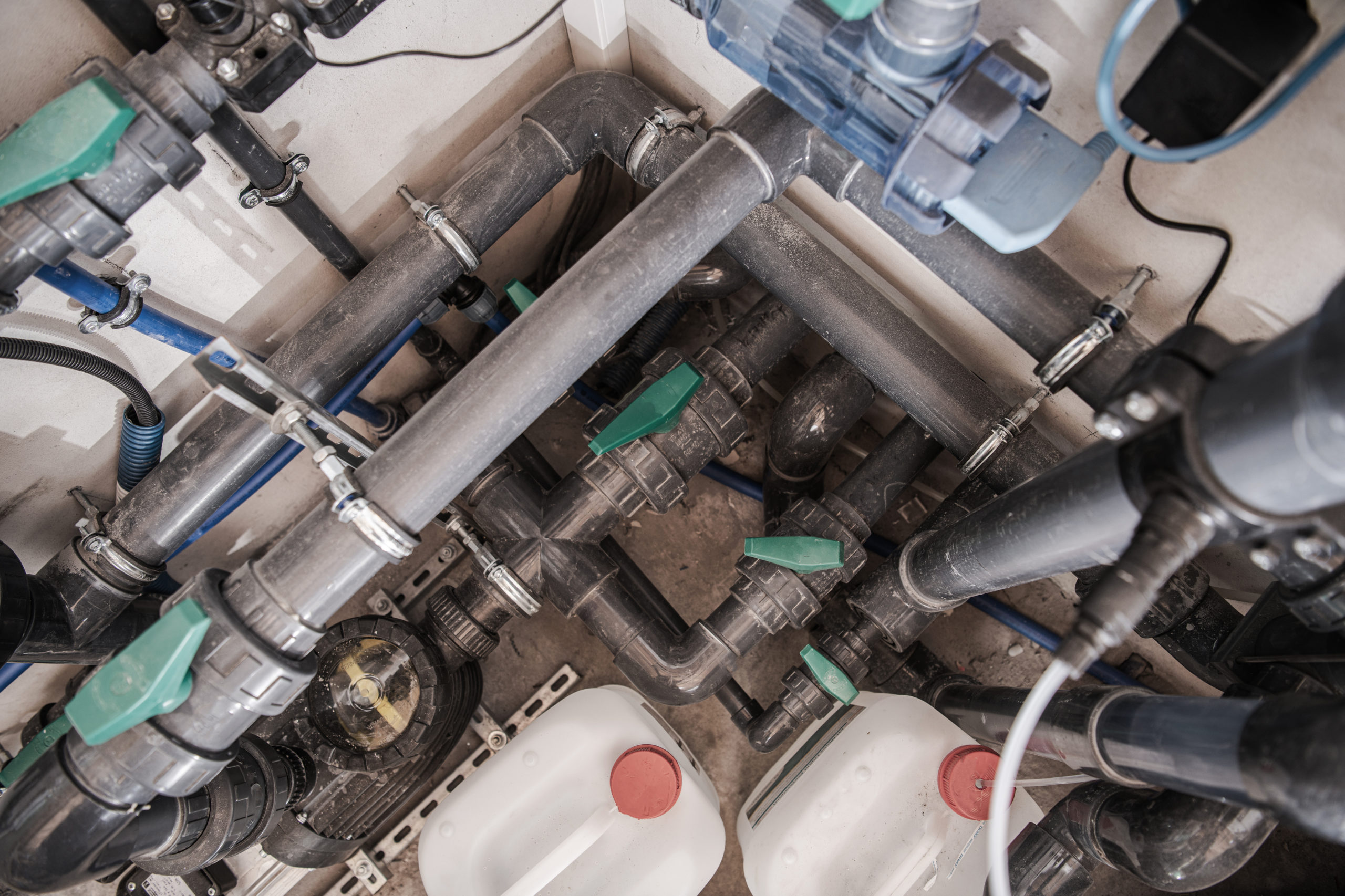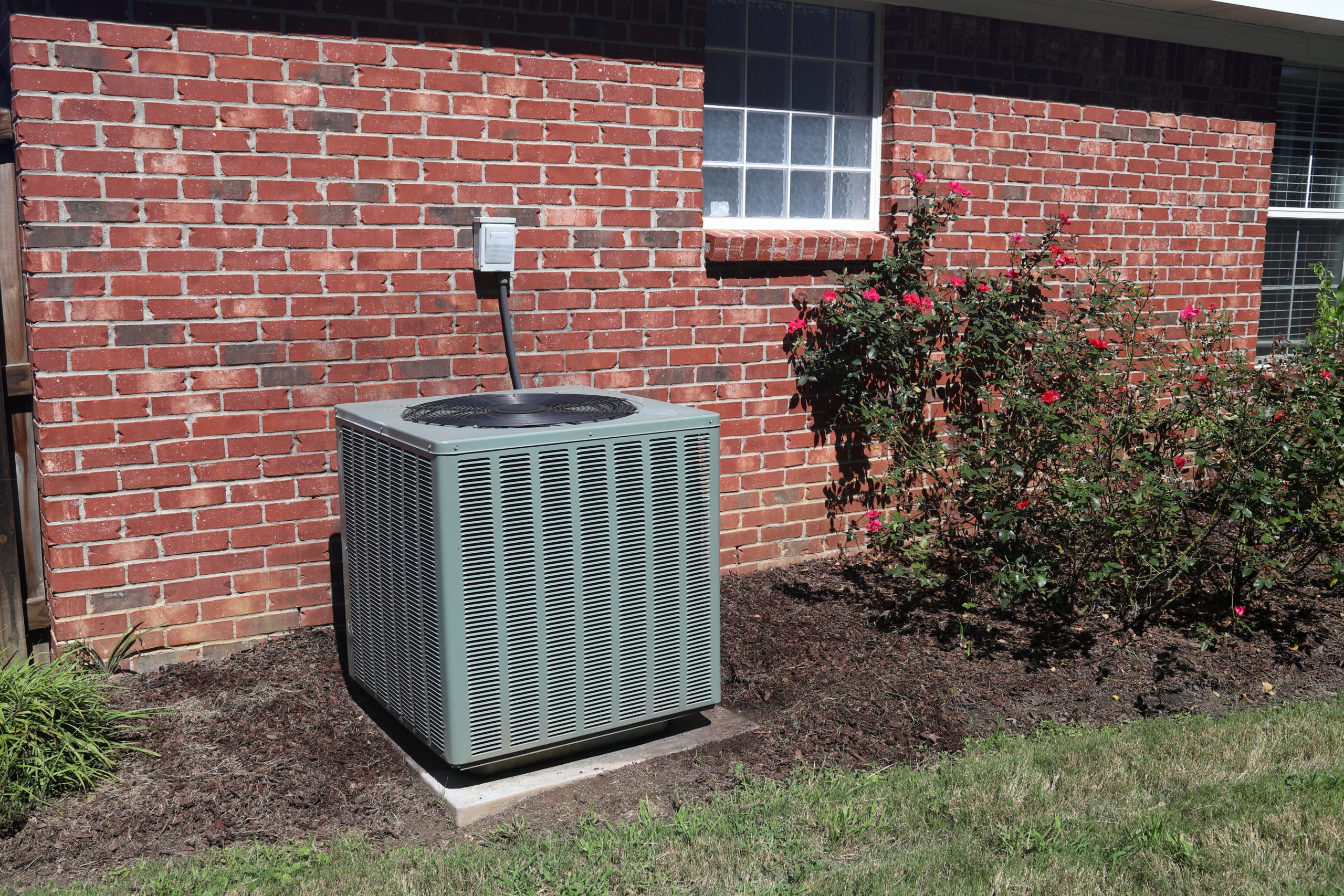
As buildings continue to reopen during the coronavirus pandemic, the risk of legionella exposure remains, including in schools that have been closed for many months. Stagnant water, like that in buildings that have been closed for extended periods, provides an ideal environment for Legionella to grow. At least 10 schools in Pennsylvania and Ohio found harmful bacteria in their plumbing when attempting to reopen this fall. Schools often have many water use locations, from gym showers to drinking fountains, making them vulnerable to bacterial growth, including Legionella, when the systems aren’t cared for properly. However, water researchers note that most…



